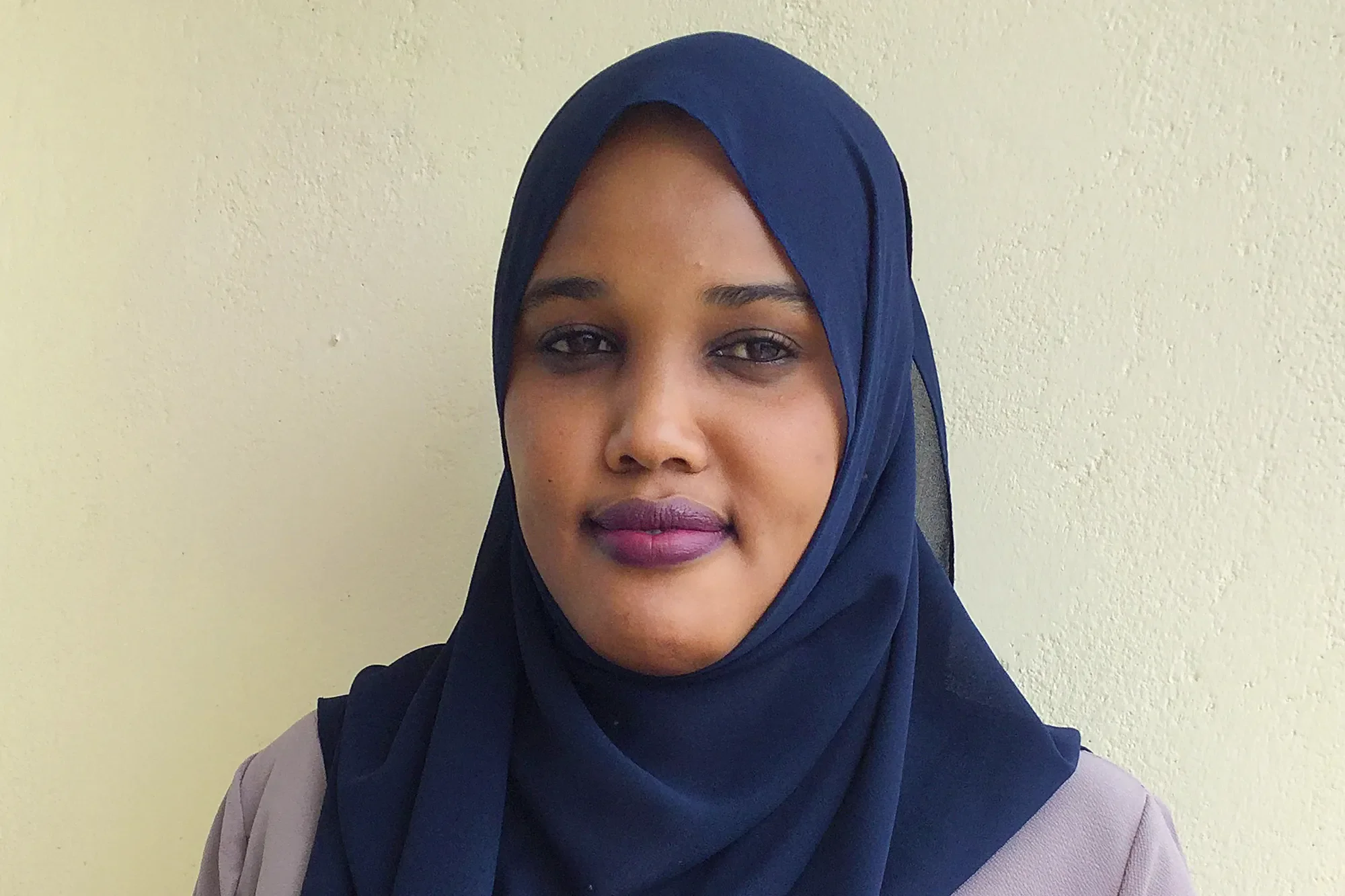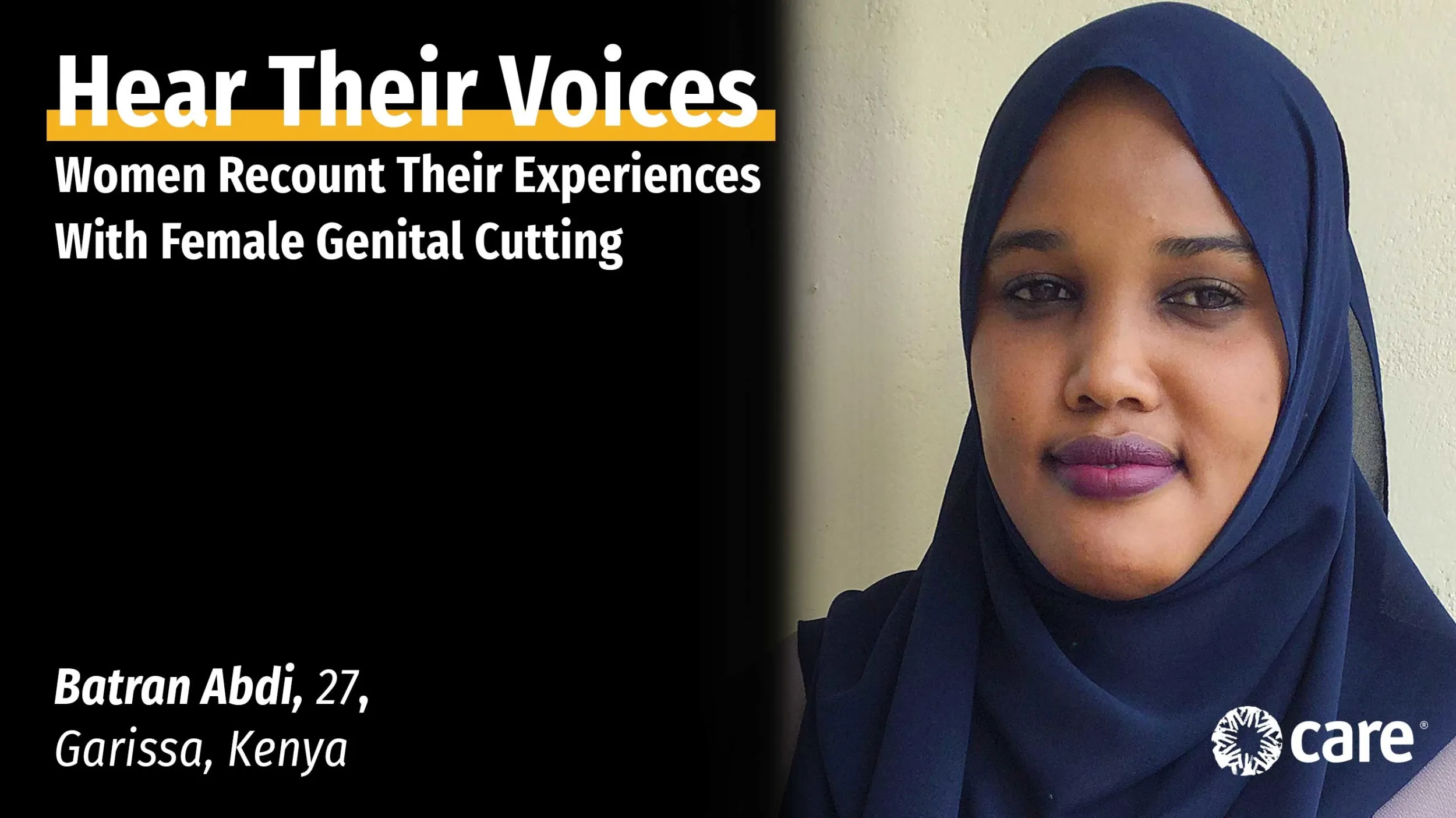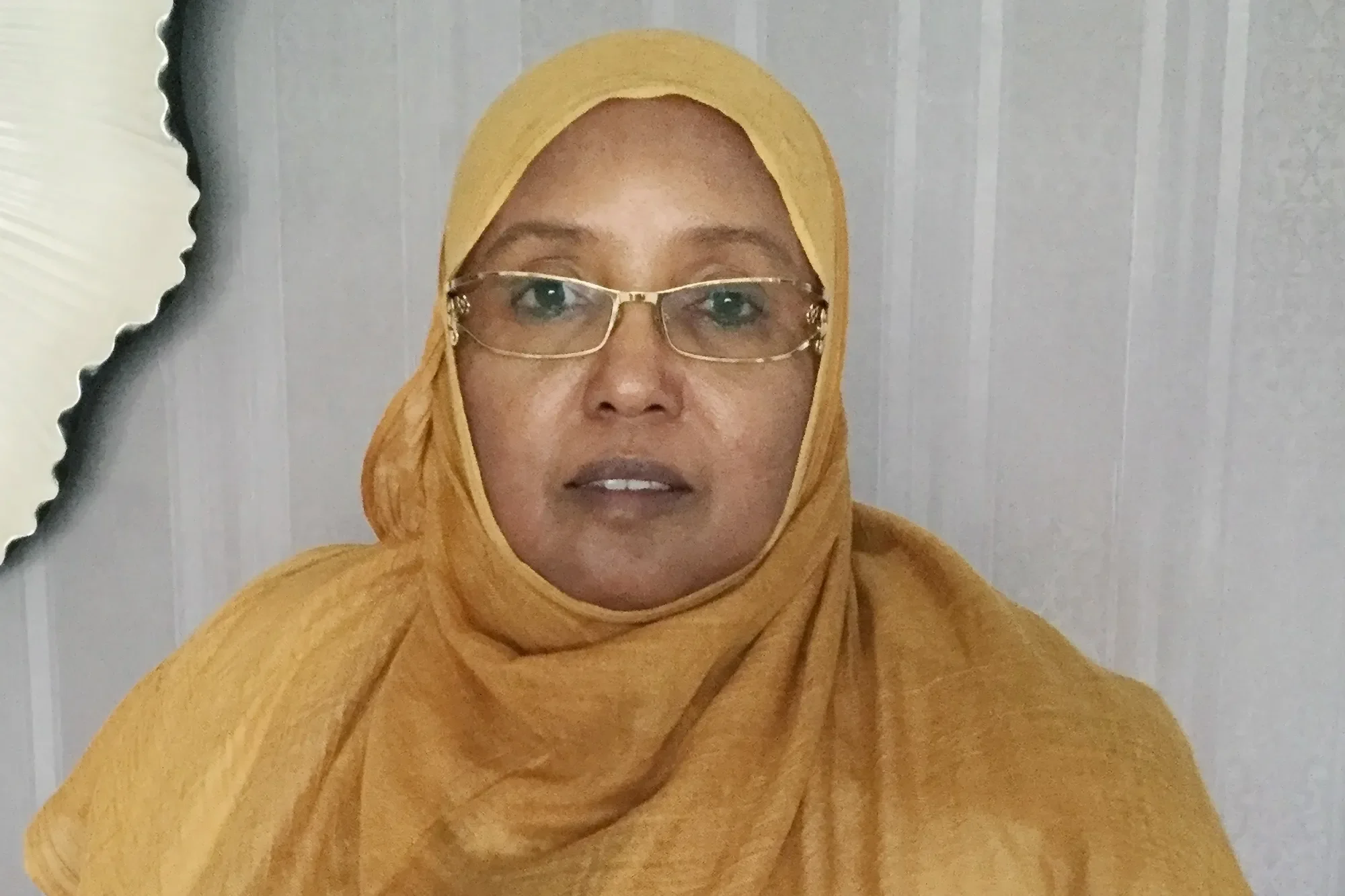Over 200 million girls and women around the world have undergone female genital cutting , according to the World Health Organization. Female genital cutting (FGC), which is also sometimes referred to as female genital mutilation (FGM), involves all procedures of partial or total removal of the female external genitalia. There are four types, ranging from clitoridectomy, a partial removal of the clitoris to infibulation: cutting both the labia minora and labia majora and sewing a girl closed while leaving a small opening for urine and menstrual blood.
The procedure is carried out with a blade or knife and can result in excessive and sometimes fatal bleeding, severe pain, infections, problems with urination and menstruation, complications during childbirth, and psychological trauma. Motivations to perform FGC include limiting a woman’s sexual agency and reflect strongly held social norms where those who refuse to be cut or to cut their daughters are often stigmatized within their communities.
Despite a ban on female genital cutting in Kenya, the practice continues in many parts of the country. Cutting occurs at different times of year in different communities, but tends to spike around the school holidays in November and December. In Garissa County near the Kenya-Somalia border, FGC is practiced at a rate of more than 97 percent, according to the Kenya Demographic and Health Survey.
We spoke with two anti-FGC activists from Garissa. The Kenyan-Somali women recounted their experiences “being cut” and shared with us what they’re doing to end this harmful practice.




